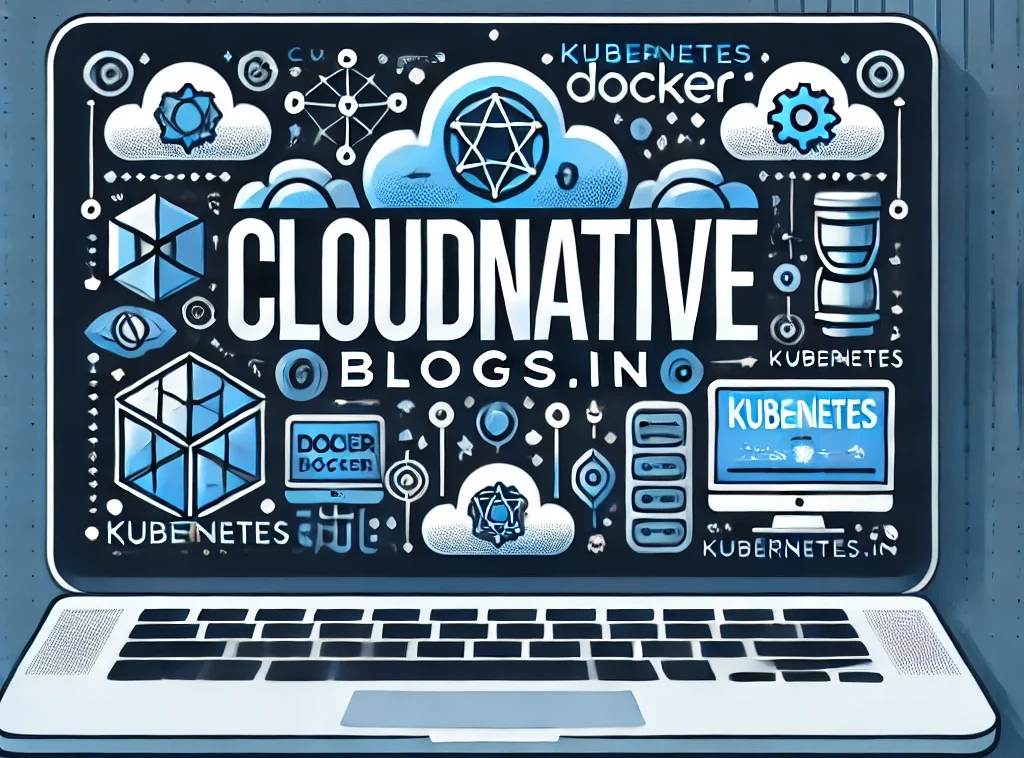
In today’s fast-paced digital world, efficient data processing is a cornerstone of software development. Java, one of the most widely used programming languages, offers a powerful tool for handling collections of data seamlessly—the Java Stream API. Introduced in Java 8, Streams represent a modern approach to processing sequences of elements, emphasizing clean, readable code and reducing complexity in operations over data collections.
What are Java Streams?
Java Streams are a set of classes and interfaces in the java.util.stream package that support functional-style operations on streams of elements. A stream in Java does not store data but instead, conveys elements from a source such as collections, arrays, or I/O channels through a pipeline of computational operations.
Key Features of Java Streams
- No Storage: Streams do not have storage for data; they simply carry data from a source through a pipeline.
- Functional in nature: Streams leverage lambda expressions heavily, promoting a more functional programming style.
- Lazy Invocation: Stream operations are invoked lazily, meaning computation on the source data is only performed when necessary.
- Parallelism: Easily harness the power of multi-threading by converting a stream into a parallel stream, thus allowing operations to be performed in parallel.
Simplifying Data Processing with Java Streams
The Java Stream API simplifies data processing in several profound ways:
- Concise Code: By using lambda expressions, stream operations allow you to express complex data processing queries in a few lines of code. For example, filtering a list of employees by salary, extracting, and sorting their names can typically be accomplished in a single line of code.
- Enhanced Readability and Maintainability: Streams provide a high level of abstraction which makes the code easier to read and maintain. Operations on streams are usually self-describing and closely match the problem statement they solve.
- Improved Performance: With support for parallel operations, streams can significantly improve the performance of data processing applications. The framework handles the details of how to parallelize operations, which reduces the chance of errors and improves efficiency.
- Versatility: Streams can be reused with different sources and can perform a wide range of operations, from simple transformations and filtering to more complex reductions, collections, and statistics.
- Reduced Boilerplate Code: Streams reduce the need for verbose iterative loops and conditionals. This not only cuts down on the lines of code but also on the potential for bugs that come with more complex code structures.
Practical Applications of Java Streams
Java Streams are incredibly versatile and can be used in a multitude of scenarios. Here are a few practical applications:
- Data Analysis: Quick and efficient analysis of data collections, such as calculating averages, maxima, or minima, can be done with minimal setup.
- Database Query Results Processing: Streams can be seamlessly integrated with database operations to filter and process results from queries.
- Real-Time Data Processing: With their ability to handle infinite streams, they are well-suited for real-time data processing tasks in applications like monitoring dashboards.
Challenges and Considerations
While Java Streams offer numerous advantages, they come with their challenges:
- Learning Curve: The functional programming style introduced by streams can be a paradigm shift for Java developers accustomed to imperative styles.
- Debugging: Debugging streams can be tricky due to the abstraction and chaining operations.
- Suitability: Not every scenario benefits from streams. Understanding when to use streams is crucial as sometimes traditional loops could be more appropriate.
Conclusion
Java Streams have transformed the way developers approach data processing in Java. By enabling more concise, readable, and maintainable code, streams help developers write less and do more. Whether you are processing collections, filtering input streams, or handling real-time data, Java Streams provide a robust framework for tackling a wide array of data processing tasks efficiently and effectively.

Tham gia cộng đồng game thủ tại Go88 để trải nghiệm các trò chơi bài, poker phổ biến nhất hiện nay.